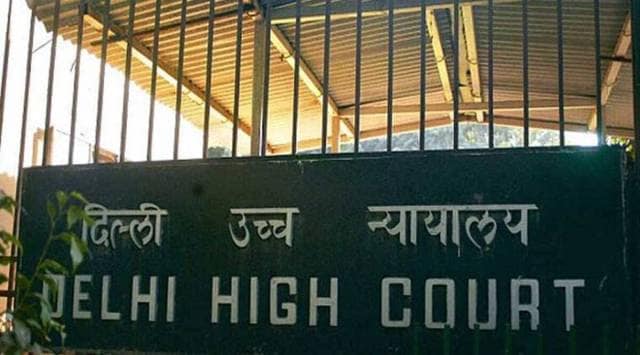Stay updated with the latest - Click here to follow us on Instagram
Delhi HC junks pleas by Supertech homebuyers claiming EMIs were charged without flats’ possession
The court said the buyers can raise their grievances under RERA Act, Consumer Protection Act, Insolvency and Bankruptcy Code, 2016 SARFAESI Act etc and said it does not find it appropriate to "entertain" the pleas while dismissing the same.
 The homebuyers who had booked their flats in various projects of Supertech in Gurgaon moved the HC seeking a direction to banks to not charge pre-EMIs or full EMIs from homebuyers. (File)
The homebuyers who had booked their flats in various projects of Supertech in Gurgaon moved the HC seeking a direction to banks to not charge pre-EMIs or full EMIs from homebuyers. (File) While hearing a batch of over 200 pleas moved by homebuyers seeking a direction to banks to not charge pre-EMIs or full EMIs till possession of flats is not delivered by Supertech Ltd, the Delhi High Court observed that although the plea was maintainable, buyers had recourse to alternative remedies.
A single judge bench of Justice Purushaindra Kumar Kaurav in its March 14 decision perused through provisions of the Reserve Bank of India Act, Banking Regulations Act and Securitization and Reconstruction of Financial Assets and Enforcement of Security Interest (SARFAESI) Act and observed that banks in the present case are governed by these laws and are “required to discharge their function as per the governing statute”, therefore the batch of writ petitions are maintainable. The court, however, observed that “maintainability” and “entertainability” of a writ petition are distinct concepts and the latter is entirely within the realm of discretion of High Courts and a writ remedy is “discretionary”.
It went on to observe that the buyers’ rights were flowing from private contracts involving complex and disputed questions of facts and “parties are not remediless” as alternative forums are already in place.
The homebuyers who had booked their flats in various projects of Supertech in Gurgaon moved the HC seeking a direction to banks to not charge pre-EMIs or full EMIs from homebuyers. It was also prayed that banks be directed to not charge pre-EMIs or full EMIs from homebuyers till possession is not delivered by Supertech/alike real-estate developers with respect to their respective flats.
“Any interference by the writ court under the facts of the present case would amount to usurpation of powers vested with the respective forums. Such an exercise is not permissible unless extraordinary circumstances exist which are apparently non-existent in the instant cases. The cases in hand clearly indicate that the homebuyers are claiming their rights on the basis of terms of the contract or on the basis of RBI Circulars. Their rights are mainly governed by the terms of the contract which they have entered into and to enforce the terms of the contract, no writ or order can be issued under Article 226 of the Constitution so as to compel the authorities to remedy a breach of contract pure and simple,” the HC said.
The court said the buyers can raise their grievances under RERA Act, Consumer Protection Act, Insolvency and Bankruptcy Code, 2016 SARFAESI Act etc and said it does not find it appropriate to “entertain” the pleas while dismissing the same.
The HC, however, clarified that it has “not expressed any opinion on merits of the case” and has consciously not given any finding with respect to the violations/ non-violations on the part of the respective parties, as the same would prejudice their rights before different forums where multiple proceedings are going on.
“However, since the interests of a large number of homebuyers are involved, if homebuyers avail alternative remedies… the same may be considered and decided expeditiously in accordance with law,” the court said.
Homebuyers had booked their flats and took home loans through various banks. The home loans were availed by the buyers on the basis of “subvention schemes”, where the bank would disburse the sanctioned amount to Supertech Ltd directly and the builder was supposed to pay pre-EMIs or full EMIs on the sanctioned loan.
As per the terms of the agreement, the builder paid pre-EMIs or full EMIs to the respective banks, however around December 2018, the builder started defaulting in payment and the bank started sending payment reminders to homebuyers.
When the builder stopped paying pre-EMIs, banks started sending demands to buyers. According to the buyers, the banks did not follow the guidelines issued by the Reserve Bank of India and disbursed the amount without taking into consideration that the builder had not constructed any flats.







